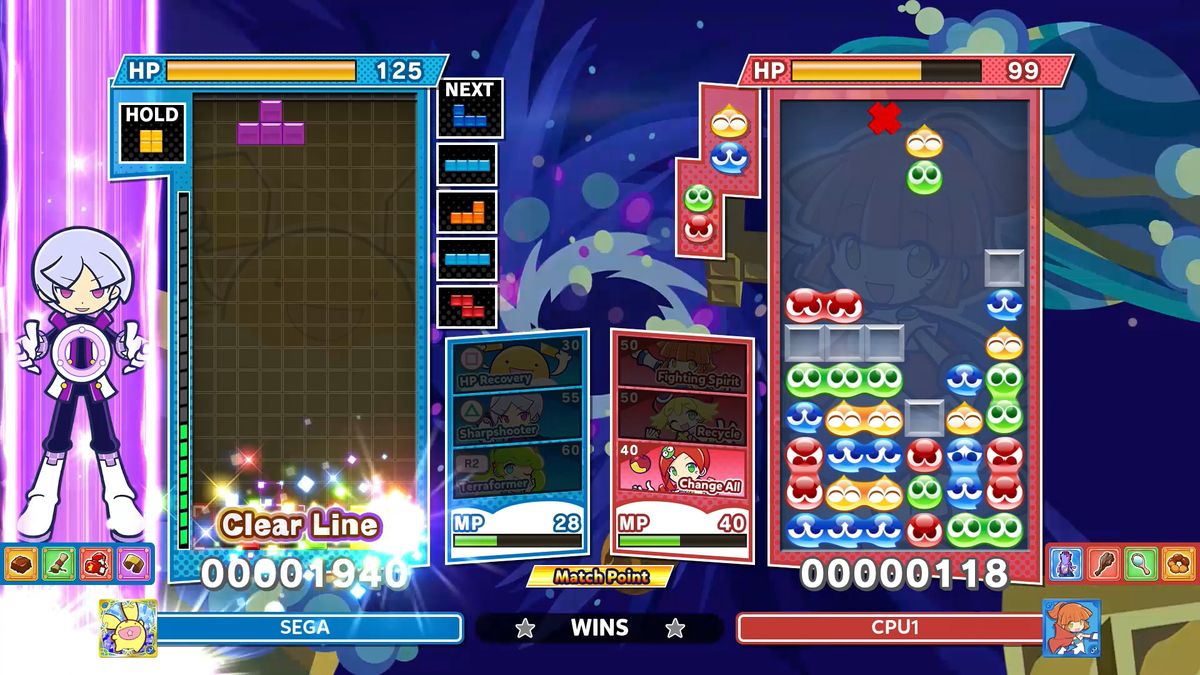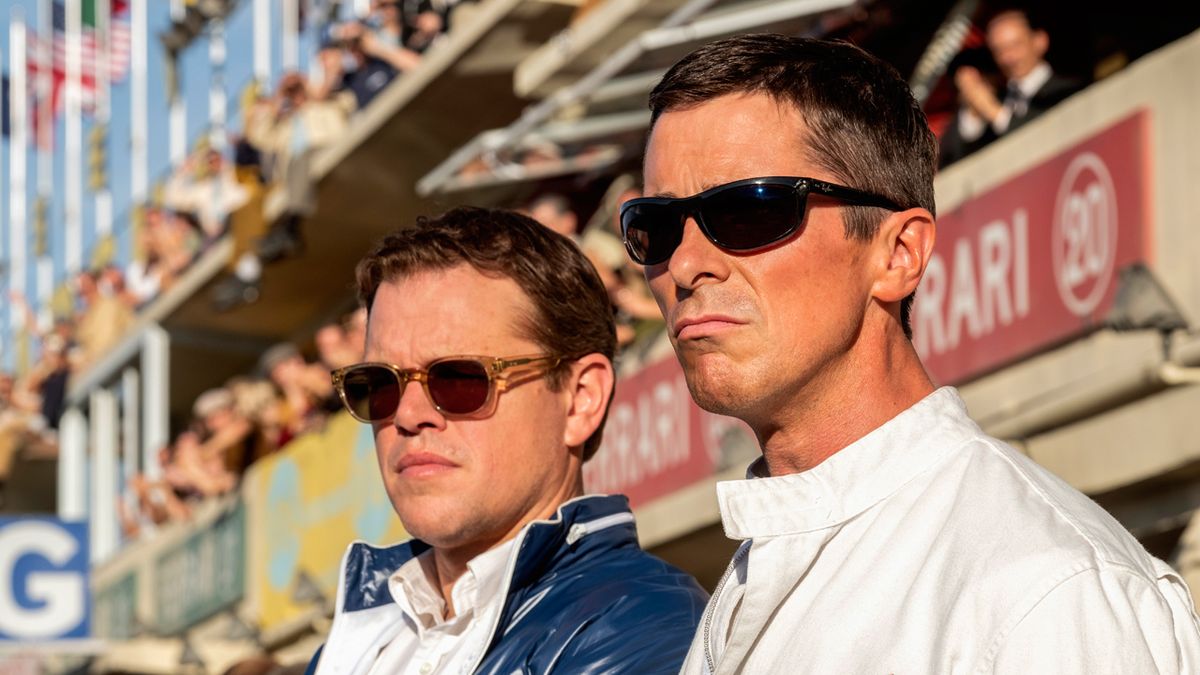“Face the truth” sighs the lead character in Dark Horse , an overweight, thirty-something underachiever who still lives with, and off, his long-suffering parents. “We’re all horrible people and humanity’s a cesspool!” So far, so Solondz.
Yet those expecting another helping of misanthropic cruelty from the Happiness auteur may be surprised by his latest, which sees him season his blackly sardonic view of the world with a sprinkle of compassion for the unhappy schmucks who inhabit it.
Though he tries to hide it behind a veneer of chipper ebullience, Abe (Jordan Gelber) is probably the unhappiest of them all. Which might be why he makes a bee-line for Selma Blair’s melancholy Miranda at the Jewish wedding that opens the movie, charging through her indifference to get her digits.
A work-shy drain on testy dad Jackie (Christopher Walken) and soft-touch mom Phyllis (Mia Farrow), Abe is no one’s idea of a catch. But when Miranda unexpectedly accepts his offer of marriage, it seems this “dark horse” may finally make good – provided he isn’t sabotaged by fate, chance and his crippling feelings of inadequacy.
The latter manifest themselves in delusional dream sequences that have Walken’s mousy secretary (Donna Murphy) transformed into a lusty temptress who tells Abe straight he is “a cheapskate and a freeloader”. (“You’re like a cougar!” he replies admiringly.)
Yet this initially intriguing device suffers from overuse, the continual jumps between ‘reality’ and fantasy leaving us both confused and dissatisfied as the story dwindles towards its almost apologetic non-ending.
The saving grace here is the acting: Gelber bringing a bittersweet poignancy to Abe that offsets his boorishness and Blair finding mopey mirth in a character meant to be an older, sadder version of her Storytelling writing student.
But while that’s sufficient to make it deserving of a punt, this Horse is really more of an each-way bet than a dead cert.
 Game News Video Games Reviews & News
Game News Video Games Reviews & News



